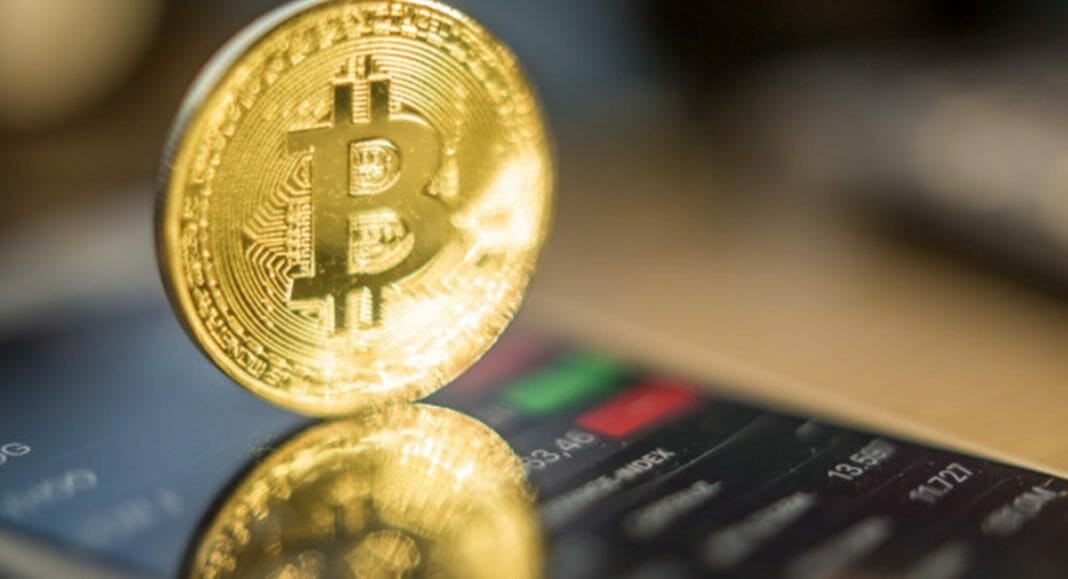Bitcoin is getting implemented in Latin America by government initiative or as a social movement. Countries with the use of digital assets show what limits its acceptance.
Bitcoinization will be here in at least eight years, and the world reached this level of adoption, positioning the Central American region as a benchmark for the many structures under cryptocurrency use.
While technology suffers various improvements, the human reaction to evolution is always the same, to the point that it has historically drawn a circular pattern that, applied to the adoption of a currency like bitcoin, shows that the rate of acceptance is in the first stage.
However, This adoption is running at such a pace that it would approach the “early majority” stage (50% global popularity) faster than other technologies such as the Internet, smartphones, or social media.
This matter became public news according to o a report led by the research study Blockware Intelligence which studies and compares the historical curves of the massive use of various technologies with the exponential improvement that bitcoin is currently reaching.
The team of experts that led the report thinks that the popularity of bitcoin will skyrocket and its use will spread massively in 2030, which shows the unstoppable march bitcoin is heading toward the world economy.
Bitcoin in El Salvador: An Adoption Model with a Strategy from the Government
A year has passed since the Legislative Assembly of El Salvador approved the Bitcoin Law, encouraged by President Nayib Bukele. With these regulations, the country became the first to provide legal tender to the first digital asset.
While governments and financial institutions worldwide cling to centralized currencies they control at will to issue infinitely, El Salvador has embraced a crypto asset like bitcoin; this asset works without an established human issuer, no administration, no employees, and a finite supply.
It means that the smallest nation in the region, with more than 70% of its population unbanked, decided to believe in an inclusive financial structure in which everyone can play an active role. With its action, the administration acknowledges that the country’s development has historically been limited.
Due to the dollarization decline, which happened more than 20 years ago, El Salvador does not have the power to print funds to solve its financial struggles. For this reason, it has had to count on entities such as the International Monetary Fund and the World Bank to ask for loans, borrowing, and then unbalancing its economic system.
One of the motivators of El Salvador to encourage the acceptance of bitcoin is the search for new chances to reach a progress status. This with the idea of approaching a decentralized financial system that allows it to carry out its economic policy, taking steps in parallel to other options to dollarization that has limited its ability to recover the economy.
By: Jenson Nuñez











